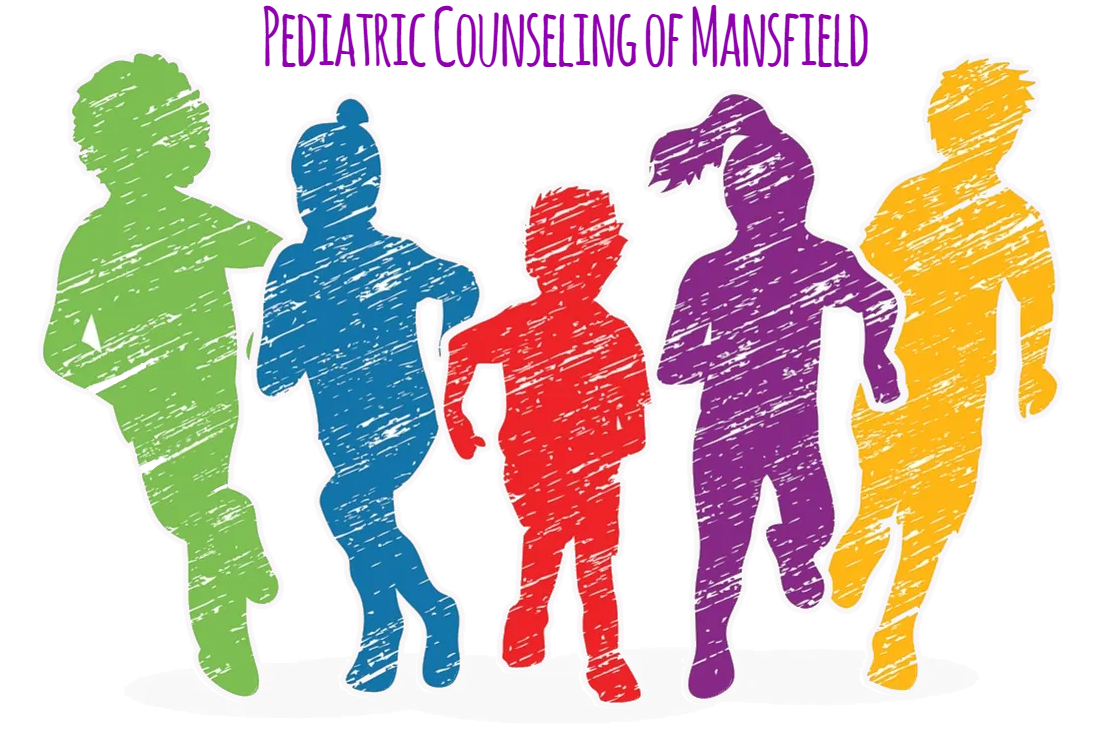The Food-Mood Connection: How Diet Shapes Your Emotional Well-being

In a fast-paced world where stress is almost a default setting, it's easy to overlook the profound impact of what we eat on our mental health. While we often associate diet with physical health and weight management, emerging research shines a spotlight on the intricate relationship between our food choices and our mood. Indeed, what we put on our plates can significantly influence how we feel, think, and behave.
The Gut-Brain Axis: A Complex Connection
The gut-brain axis serves as a bidirectional communication highway between the gastrointestinal tract and the brain. This intricate network involves various signaling pathways, including hormonal, immune, and neural pathways. Interestingly, the gut is home to trillions of microorganisms collectively known as the gut microbiota, which play a pivotal role in this communication system.
Nutrients for Neurotransmitters
Certain nutrients act as precursors for neurotransmitters, the chemical messengers that regulate mood and behavior. For instance, tryptophan, an amino acid found in protein-rich foods like turkey and nuts, serves as a building block for serotonin, often referred to as the "feel-good" neurotransmitter. Likewise, omega-3 fatty acids, abundant in fatty fish like salmon and flaxseeds, are essential for optimal brain function and mood regulation.
The Inflammation Connection
Chronic inflammation, often fueled by a diet high in processed foods, sugar, and unhealthy fats, has been implicated in various mental health disorders, including depression and anxiety. Inflammation not only disrupts the delicate balance of neurotransmitters but also impairs the functioning of brain regions involved in mood regulation. Conversely, anti-inflammatory foods such as fruits, vegetables, and whole grains may exert protective effects against mood disorders.
Blood Sugar Rollercoaster
The ebb and flow of blood sugar levels can profoundly impact mood and energy levels. Consuming high-glycemic index foods, such as sugary snacks and refined carbohydrates, leads to rapid spikes and subsequent crashes in blood sugar levels, resulting in mood swings, irritability, and fatigue. On the other hand, opting for complex carbohydrates with a lower glycemic index, such as whole grains and legumes, promotes more stable blood sugar levels and sustained energy throughout the day.
The Role of Gut Microbiota
Mounting evidence suggests that the composition and diversity of the gut microbiota play a crucial role in mental health. Certain gut bacteria produce neurotransmitters, modulate inflammation, and influence stress responses, thereby exerting profound effects on mood and behavior. Probiotic-rich foods like yogurt, kefir, and sauerkraut nourish beneficial gut bacteria and may contribute to improved mental well-being.
Practical Tips for a Mood-Boosting Diet
- Prioritize Whole Foods: Emphasize nutrient-dense whole foods such as fruits, vegetables, lean proteins, whole grains, and healthy fats.
- Include Omega-3s: Incorporate sources of omega-3 fatty acids, such as fatty fish, flaxseeds, chia seeds, and walnuts, into your diet.
- Mindful Eating: Practice mindful eating by savoring each bite, paying attention to hunger and fullness cues, and fostering a positive relationship with food.
- Limit Processed Foods: Minimize consumption of processed foods high in added sugars, unhealthy fats, and artificial ingredients.
- Stay Hydrated: Drink plenty of water throughout the day to support optimal brain function and mood regulation.
- Moderate Caffeine and Alcohol: Limit intake of caffeine and alcohol, as excessive consumption can disrupt sleep and exacerbate mood fluctuations.
Nourish Your Body, Nourish Your Mind
In essence, the food we eat serves as fuel for both our bodies and our minds. By making informed dietary choices that prioritize nutrient-rich foods and support gut health, we can harness the power of food to enhance our mood, cognitive function, and overall well-being. Remember, small changes in your diet can yield significant improvements in how you feel and experience the world around you. So, why not start nourishing your body and mind today? Your future self will thank you for it.












